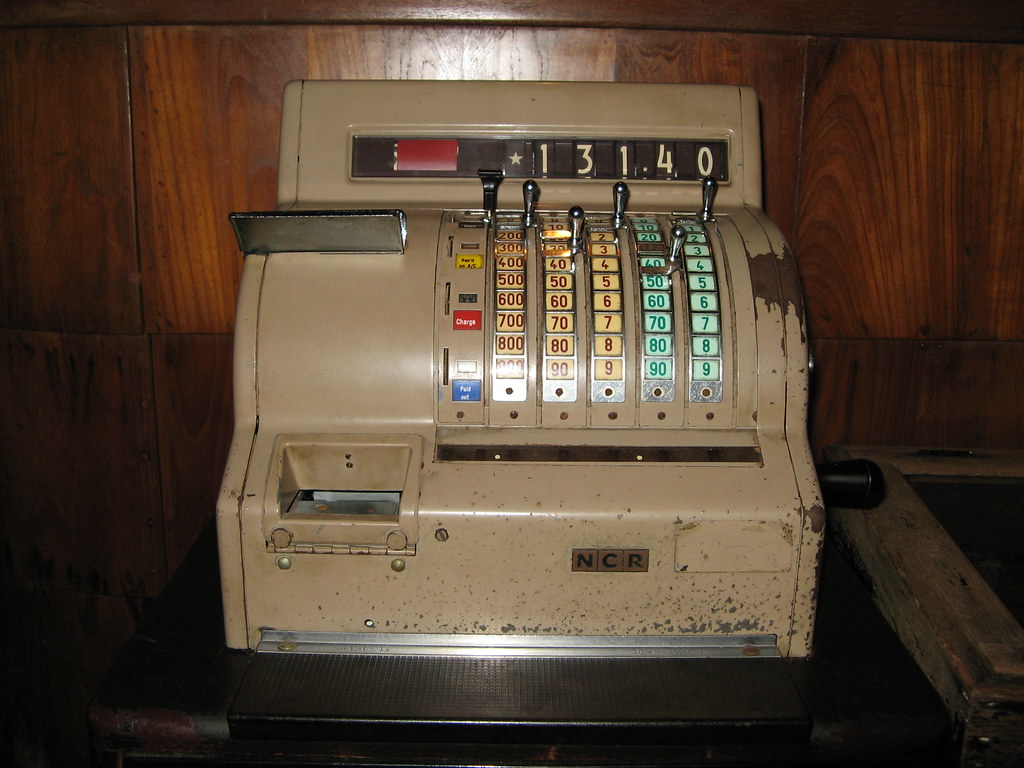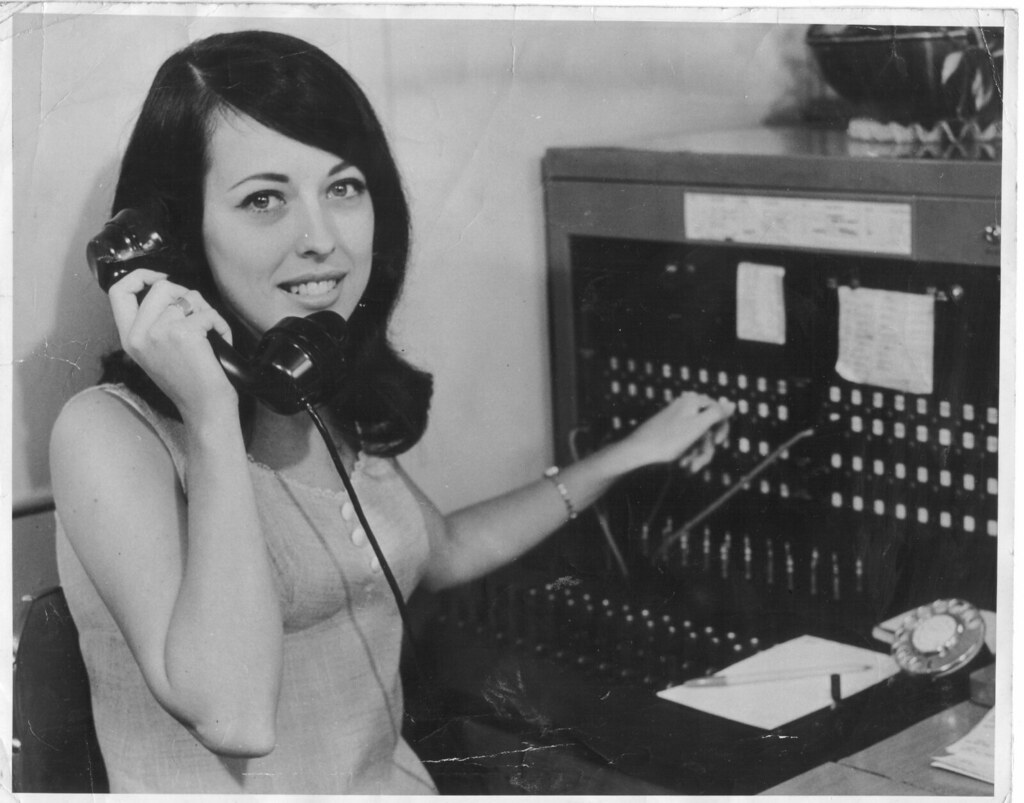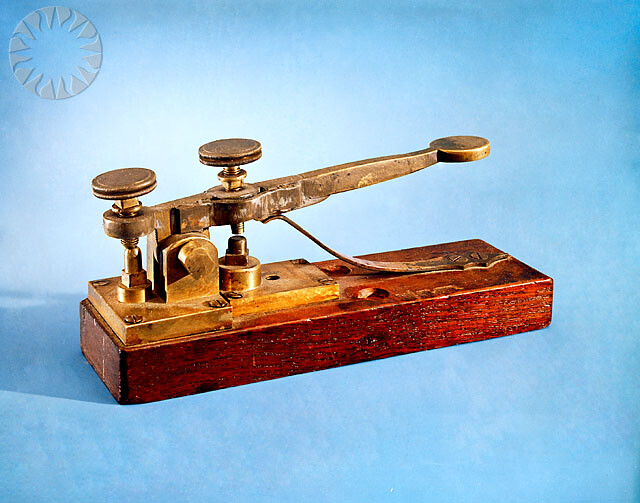This article claims that, despite all the fuss and worry we are hearing these days, automation has actually killed only one occupation in the last sixty years.
And as soon as you read that line, I bet that you, like me I, could immediately name it.
Wasn’t that long ago. Remember the Bill Dana show on TV?
At first I thought I could immediately think of another: typesetter. I painstakingly taught myself to typeset electronically, back in the day. Totally useless skill now.
But the article is right not to include it. The job has not disappeared. It is now part of graphic design. And really, it always was. Once, the mighty typesetter was given the task of laying out the page as part of his job. Now, the guy who designs the page, as part of that job, chooses the type.
Another one for which I happen to be personally trained is switchboard operator. I used to be a demon switchboard operator. And enjoyed it. It required skill, you met people, sort of, and you could get good at it. I would have said it was gone now: I have seen switchboards like the ones I used in museums. But many of the same functions have melded into the job of receptionist. If we no longer need someone to connect the wires and ring in, we do still sometimes want a human to field our call and direct it for us.
Telegraph operator also occurred to me. Not a job I’ve ever done, but a skilled job that probably as very satisfying. Thomas Edison started out as a telegraph operator. I did get to learn to use a teletype machine, and loved it. But I discover that in Canada, as a matter of fact, you still can send a telegram.
This is all good news. It means we may be wrong to worry about inevitably growing unemployment, our jobs taken over by machines. What really happens, or has happened so far, is that automation makes it cheaper to do things, lowering costs to the consumer, and so boosting demand. So we make, buy, and get more stuff. Employment remains buoyant. At the same time, it tends to take away the more boring aspects of a job, leaving the more interesting parts.
Not that I don’t still get nostalgic over the satisfying clicks of an adding machine, or the whirr of a big cash register, or the thrill of a call smoothly connected, the phone rung, and answered. They were therapeutic sounds, and they are gone. There is satisfaction in rolling your own.
 |
| Mine was more modern than this, but it still had a hand crank in case the power went out. |
There are other jobs that have gone, and some have gone through technology, but not directly. The iceman, for example, no longer cometh. Not that ice is obsolete; you can still sell ice, and could probably arrange to deliver it too. So you can’t quite say the job is obsolete. It’s a particular use of ice that has gone.
 |
But isn’t that what Amazon is?


















No comments:
Post a Comment